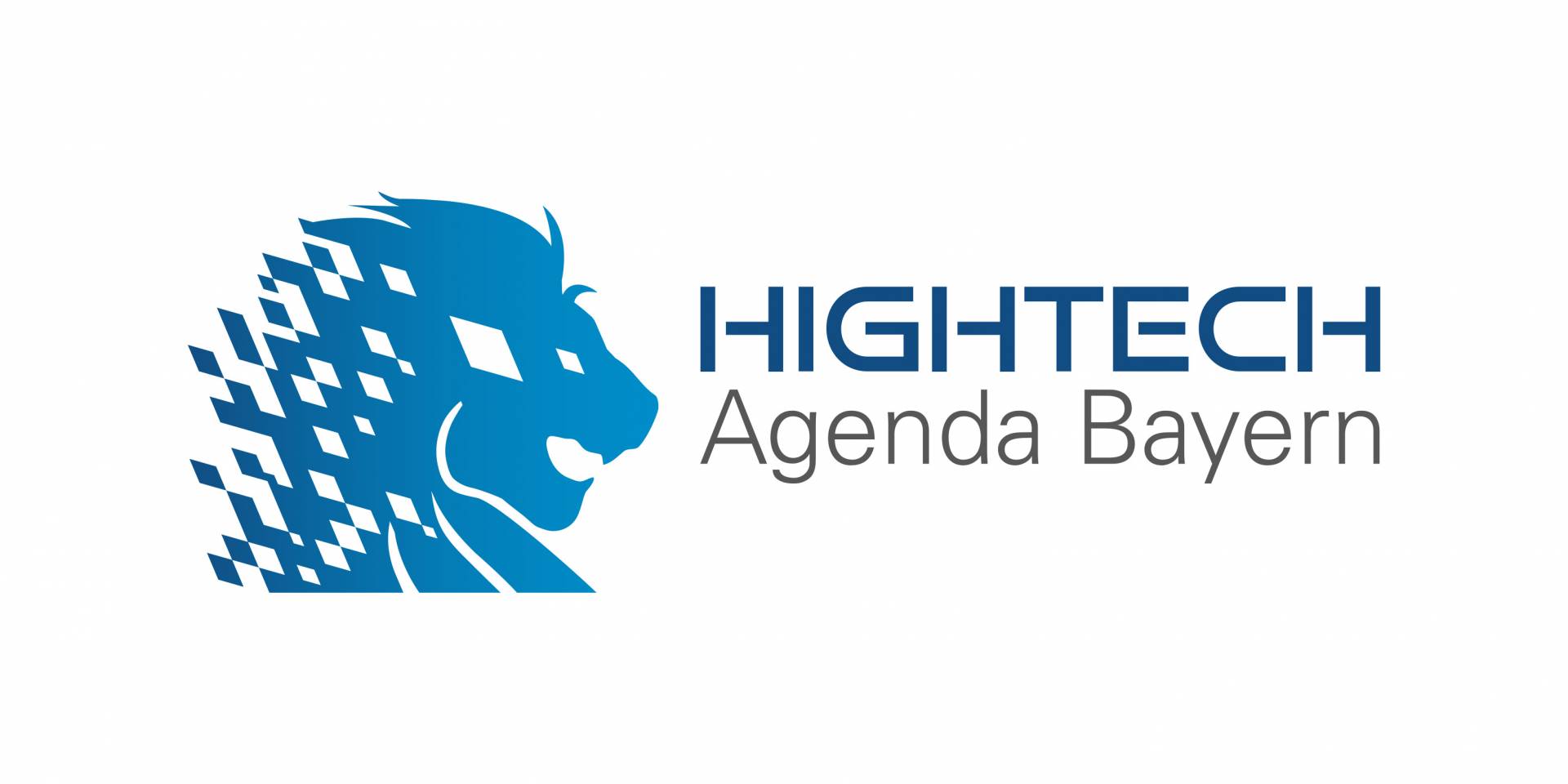

Jun 20, 2022
Only one percent of textiles are currently recycled in a closed loop. Fast-moving fashion trends, outsourced corporate responsibility and a general decline in raw material quality are fueling this development. The Recycling Atelier, which Augsburg University of Applied Sciences and the Augsburg Institute of Textile Technology (ITA Augsburg) opened today, is countering this trend.
The Recycling Atelier is the first model factory dedicated to sustainable material cycles along the entire textile production chain in research and development together with partners from the industry. Today's opening ceremony of the Recycling Atelier was attended by numerous representatives from politics and society - including Augsburg's mayor Eva Weber and Ellen Dinges-Dierig, CEO of Dierig Holding AG, as well as Maximilian Offermann, managing partner of BWF Group Offingen and Thomas Böschen, managing partner of the TEXAID Group.
"By 2025, the EU textile agenda calls for the sustainable use of textiles - but the industry is far from achieving this," said Prof. Dr. Stefan Schlichter, Professor at the Faculty of Mechanical and Process Engineering at Augsburg University of Applied Sciences and Head of ITA Augsburg, at the opening of the Recycling Atelier. "In the Recycling Atelier we research the triad of technical and ecological meaningfulness as well as economic benefit. If this balance is restored, then a revival of the regional and national textile value chain can be expected through a new textile recycling. This is a great opportunity for the local textile industry."
Prof. Dr. Nadine Warkotsch, President for Research and Sustainability at Augsburg University of Applied Sciences, said on the occasion of the opening: "With the Recycling Atelier, we as a university are further expanding our absolute core competences: applied research and knowledge transfer. The Recycling Atelier offers us the opportunity to work with our scientists on a highly topical issue of our time - the value chain in the textile sector. And thus, also in the area of production and automation, which is important for the university and the region. As a university, we are focusing on the topic of sustainability, which is fortunately becoming increasingly important in all areas, the consideration of which is demanded by our students and large sections of society, and which we take seriously."
The Recycling Atelier is the first model factory to offer a new and globally unique concept for the holistic recycling of textiles. The scientists from ITA and the university conduct research on all process steps of textile recycling: from material analysis, sorting, preparation and textile processing to product design. They initially operate the processes on a model scale with a focus on sensible production, before scaling up to an industrial production.
The Recycling Atelier focuses on the development of new products and processes for textile secondary raw materials and the development of concepts for the complete recycling of used textiles with the best possible quality, both through integrated and high-quality recycling and through cycle-oriented product design. The results ultimately lead to the industrial application of recycling concepts and build the bridge to current business models.
At every step of the process, companies from the entire value chain support the research and contribute their industrial perspective and expertise. In a large workshop area, the Recycling Atelier, in cooperation with international companies, offers the opportunity to put the companies' products to the test and to develop new concepts for sustainable textile production in direct exchange.
One focus is on the area of digitalization: new production processes are to be made possible through high-quality and modern collection, processing, and evaluation of data. Enabling the use of artificial intelligence in the field of machine learning and neural networks for the textile industry.
For example, the ITA scientists are working on a machine solution for sorting the used fabrics. Today, this is done almost 100 per cent by hand. In the Recycling Atelier, the use of modern sensor technology, robotics and artificial intelligence is being tested.
"The national textile industry must not close its eyes to the current challenges in the field of digitalization and artificial intelligence as well as in the field of sustainability. That is why the Recycling Atelier makes a significant contribution to the innovative strength of this important industry," said Schlichter at the opening.
The Recycling Atelier is a contribution by Augsburg University of Applied Sciences and ITA Augsburg to the Augsburg AI Production Network. The AI Production Network Augsburg, set up by the Bavarian government, is a network of numerous AI competence providers in the greater Augsburg area. The network partners are the University of Augsburg, the Fraunhofer Institute for Foundry, Composite and Processing Technology IGCV, the Centre for Lightweight Production Technology (ZLP) of the German Aerospace Center (DLR) in Augsburg and Augsburg University of Applied Sciences. Regional industrial partners are also involved. The goal is joint research into AI-based production technologies at the interface between materials, manufacturing technologies, databased modelling, and digital business models.










